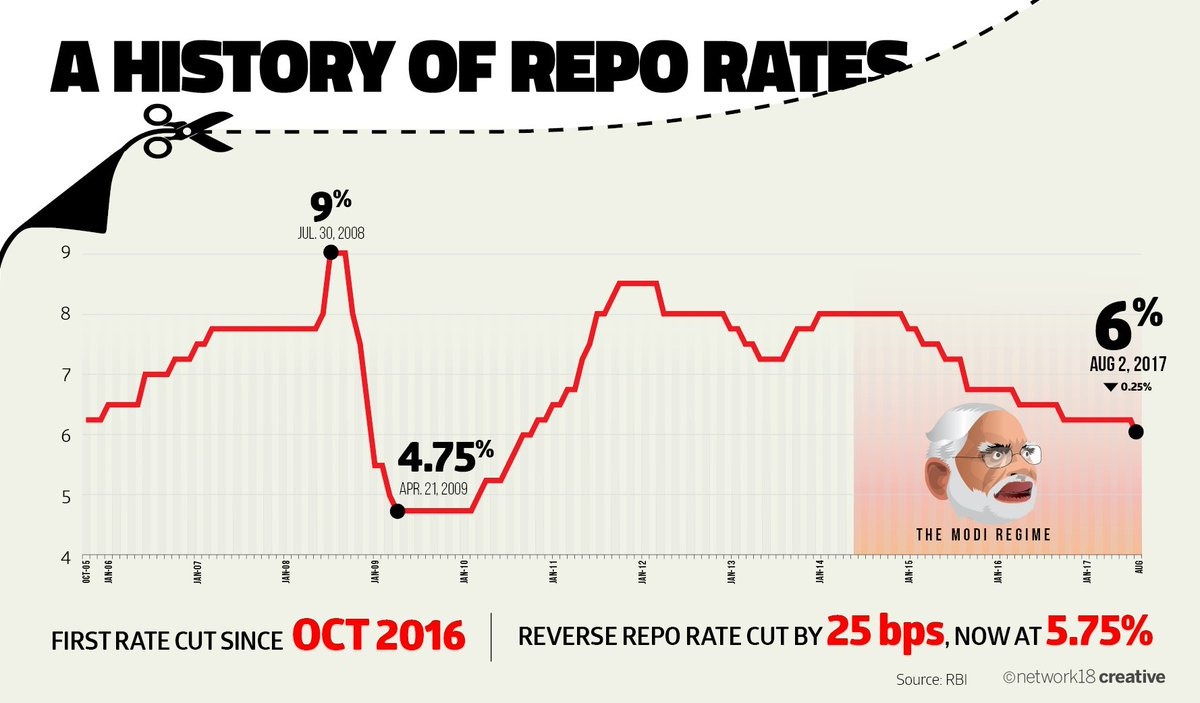What punishment do those who spy on the country get?
Punishment For Spying In India : Spying is considered a serious crime in India, which endangers the security, sovereignty and integrity of the country. Indian laws have strict provisions for crimes related to espionage , mainly including the Official Secrets Act, 1923 and the Indian Justice Code (BNS), 2023. The recent arrest of Haryana YouTuber Jyoti Malhotra has brought this issue back into the limelight. Let us know what punishment can be given for spying and what Indian law says about this.
Punishment For Spying In India
Section 3 : This section covers espionage related to defense or confidential information. If a person gives information related to the security of the country (such as military plans, weapons, or defense locations) to a foreign agent or enemy nation, he can be punished with up to 14 years of imprisonment. In serious cases, life imprisonment is also possible.
Section 4: There is a provision of punishment of up to 2 years for unauthorized contact with foreign agents.
Section 5: Leaking or giving confidential information to the enemy can lead to a punishment of up to 3 years.
Section 10: In some cases, less serious espionage activities can lead to a sentence of 3 years or a fine.
Indian Judicial Code (BNS), 2023
Section 152: This section covers activities that threaten the sovereignty, unity or integrity of India. This can include activities such as espionage, and the punishment can be death penalty or life imprisonment. If a person is involved in waging war against the country or sharing military information, he can be sentenced to death or life imprisonment.
Indian Penal Code (IPC) (now replaced by BNS)
Earlier, Section 121 (waging war against the country) and other sections of the IPC were applicable for crimes related to espionage. Now these provisions are included in the BNS.
Recent cases of espionage
Recently, a spying racket was busted in Haryana and Punjab, in which 6 people were arrested. These include Hisar YouTuber Jyoti Malhotra, who is accused of spying for Pakistan . Jyoti has been booked under sections 3, 4, and 5 of the Official Secrets Act. Investigation revealed that she was in contact with Pakistani intelligence agency ISI and Danish, an official of the Pakistan High Commission in Delhi.
How is the punishment decided?
Seriousness of the crime: If the espionage posed a serious threat to the security of the country, the punishment will be more severe.
Evidence: Evidence presented in court, such as messages, call records, or financial transactions, affects the punishment.
Intent: If the espionage was done intentionally, the punishment will be harsher.
Previous record : If the accused has a criminal history, the punishment may increase.
legal process
The legal process for espionage cases in India is extremely strict and systematic. Since espionage is a cognizable offence, the police can make arrests without a warrant. The investigation process may involve intelligence agencies such as the National Investigation Agency (NIA), Research and Analysis Wing (RAW), and Intelligence Bureau (IB), which analyse the evidence thoroughly. Such cases are often tried in fast-track courts to ensure speedy justice. If the accused is convicted, he or she can file an appeal in the High Court or Supreme Court, which can take an average of 20 months to process.
ALSO READ : sofia qureshi husband and son





